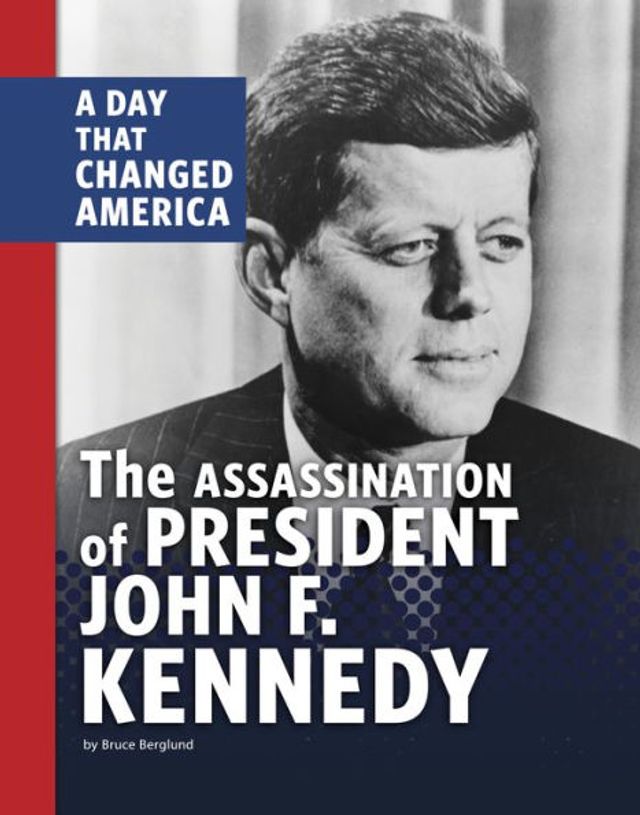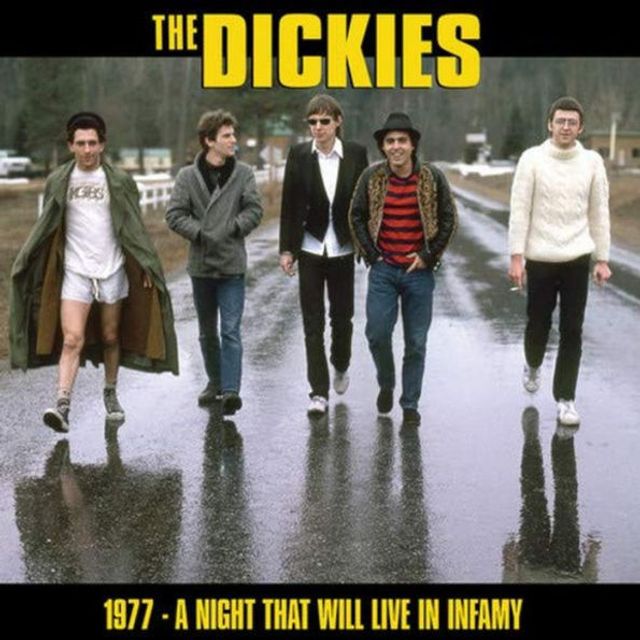Home
Two Days of Infamy: November 22, 1963; September 28, 1964



Two Days of Infamy: November 22, 1963; September 28, 1964
Current price: $19.95
Loading Inventory...
Size: OS
Stanley Marks--considered to be one of the most prescient, visionary researchers on the JFK assassination-described this work as "A nonfiction manual for the American of common sense, the agents of the FBI, CIA, Secret Service, the ABC, CBS, and NBC commentators, and newspaper columnists, interested in learning the deceit, deception, and duplicity practiced by the upholders of 'basic principles of justice,' the 'Warren Commission.'" Back in print now for the first time since 1969, it also includes commentaries on "the Clay Shaw trial in New Orleans, Sirhan Sirhan in Los Angeles, and Earl Ray in Memphis." While Marks' first book on the assassination, Murder Most Foul!, remains his most seminal work as well the most avant-garde in terms of stylistic approach, its format of over nine-hundred rapidly changing "questions and answers" can be a bit jarring. Although all of his books on the assassination contain fascinating, insightful observations, some consider Two Days of Infamy to be his most well-written work on the subject, due largely to its smooth narrative flow and literary presentation. The text expands upon many of the points first raised a year and a half earlier in Murder Most Foul!, as well as introducing fresh ideas and perspectives to the case. In this March 1969 text he was already using the term "conspirators" when referring to the assassins of JFK, RFK, and MLK, and he states unequivocally: "All three were murdered as the end result of three interrelated conspiracies," adding: "History has shown that an invisible coup d'état occurred when President Kennedy was murdered." In 1972, after the author Joachim Joesten learned of Stanley's work, he credited him with being one of the first American researchers who dared to use the word "coup" in this context: "To my knowledge, nobody but Jim Garrison and an obscure West Coast writer named Stanley J. Marks has ever endorsed before my unswerving contention that the murder of John F. Kennedy was nothing short of a camouflaged coup d'état." The renowned JFK scholar James DiEugenio recently referred to Marks as a "forgotten hero" and "buried gem." So much of where we are today is foreshadowed in the writing of Stan Marks: in particular, the fueling of racism and xenophobia, the attempted erosion of civil rights, and the empowerment of the oligarchy and its principal tool of control, the police state. Speaking directly to the readers of a future generation, in
, he writes: "The balance of this small volume now attempts to enter the "dark world" that is slowly, oh, so slowly, being lit, although full light may take until the year 2038-if the "basic principles of American justice" have the strength to remain as principles guiding this long-suffering nation."


















